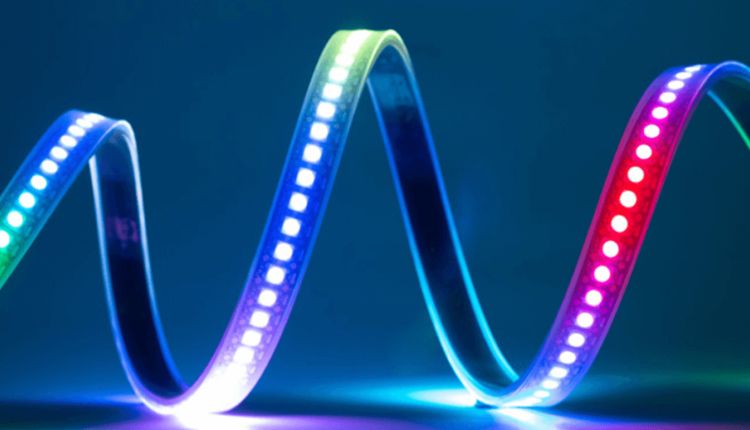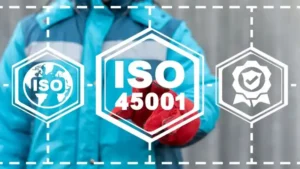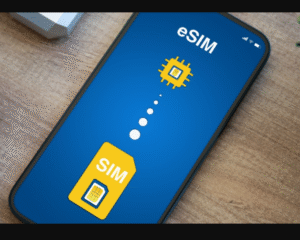In the rapidly evolving world of lighting technology, LED modules have emerged as a cornerstone for efficient and sustainable illumination. Whether you’re a business looking to incorporate LED modules into your products or an individual seeking the best lighting solutions, selecting a reliable supplier is crucial. With a multitude of suppliers offering different types, qualities, and technologies, it can be overwhelming to find the right one that meets your specific needs. This article will explore key factors to consider when choosing an LED module supplier, ensuring you make an informed decision for your next project.
1. Understanding LED Modules And Their Applications
LED (Light Emitting Diode) modules are compact units that combine multiple LEDs on a single board, often with integrated circuitry for enhanced control and performance. They offer a versatile lighting solution used in a variety of applications including signage, commercial lighting, automotive, decorative lighting, and more. The key advantages of LED technology include energy efficiency, long lifespan, minimal heat emission, and compact design.
When selecting an LED module supplier, it’s essential to have a clear understanding of the specific requirements for your project. Do you need a module for indoor or outdoor use? Is your priority energy efficiency, color consistency, or dimming capabilities? Knowing these requirements will help you narrow down your supplier choices.
2. Quality Control And Certifications
One of the most important factors to consider when choosing an LED module supplier is their quality control process. High-quality LED modules ensure long-term reliability, superior performance, and safety, while subpar modules can result in frequent failures, excessive heat generation, and even fire hazards.
A reputable LED module supplier will adhere to international quality standards and certifications. Common certifications to look for include:
CE (European Conformity): Ensures the product complies with EU safety, health, and environmental requirements.
RoHS (Restriction of Hazardous Substances): Guarantees the module is free from harmful substances like lead, mercury, and cadmium.
UL (Underwriters Laboratories): Indicates the product has passed rigorous safety tests.
ISO 9001: Demonstrates the supplier’s commitment to maintaining high-quality standards in their manufacturing processes.
Suppliers with these certifications provide an added layer of assurance that their products are safe, efficient, and reliable.
3. Technological Advancements And Innovation
LED technology is constantly evolving. New advancements, such as better heat management solutions, improved color rendering indexes (CRI), and smarter, more energy-efficient systems, are continuously being developed. Suppliers that prioritize research and development and stay up-to-date with industry trends are more likely to provide you with cutting-edge products.
For example, some LED Module suppliers offer modules that support smart features like tunable white light, RGB color-changing capabilities, or integration with Internet of Things (IoT) systems. These innovations can add significant value to your lighting design, especially if your project requires advanced features.
When choosing a supplier, it’s important to assess whether they are investing in technology that aligns with your project’s needs. A forward-thinking supplier can offer solutions that not only meet current demands but also future-proof your lighting infrastructure.
4. Customization And Flexibility
Depending on the specifics of your project, you may require LED modules that are customizable in terms of size, shape, color temperature, voltage, and beam angle. A supplier that offers flexibility in design and can cater to your exact requirements will give you more control over your project’s outcome.
For example, if you need an LED module that fits into a uniquely shaped fixture or requires a specific color temperature for a particular ambiance, finding a supplier that can accommodate these needs will save time and reduce the need for compromises. Moreover, customizations may also include specific heat dissipation technologies or electrical configurations, especially if your project is complex or highly specialized.
5. Supply Chain Stability And Lead Time
Another critical consideration when selecting an LED module supplier is their ability to deliver products within your required timeline. In industries like construction or manufacturing, delays in the supply chain can cause significant setbacks, leading to missed deadlines or increased costs.
Reliable suppliers will offer transparent lead times and a stable supply chain. Some suppliers may even offer fast-track shipping options for urgent projects. It’s a good idea to inquire about their inventory management practices, including their ability to meet high-volume orders and their approach to managing potential delays or stockouts.
Suppliers with a global presence or robust local distribution networks tend to have more reliable supply chains, ensuring faster delivery and reducing the risk of disruption.
6. Cost Efficiency And Value For Money
While quality should always be a priority, cost is an important factor in any purchasing decision. LED module prices can vary significantly based on quality, features, and the supplier’s reputation. It’s essential to balance cost with the overall value that the modules provide.
Cheaper modules may seem attractive, but they often come with the risk of lower performance, shorter lifespans, and higher maintenance costs. On the other hand, high-end modules from established suppliers may have a higher upfront cost but can save money in the long run due to their durability and efficiency.
Consider the total cost of ownership when evaluating suppliers—this includes initial purchase price, installation costs, maintenance, and energy consumption over the lifespan of the modules.
7. Customer Support And After-Sales Service
Finally, exceptional customer support is an often-overlooked but critical factor when choosing an LED module supplier. A supplier that offers robust after-sales service, including technical support, warranty options, and troubleshooting assistance, can save you time and frustration should any issues arise after the modules have been installed.
Look for suppliers who provide clear documentation, user manuals, and dedicated customer service teams that are accessible when you need them most. Good after-sales service can make a significant difference in ensuring the longevity and performance of your LED systems.
The Bottom Lines
Selecting the right LED module supplier is a crucial step in ensuring the success of your lighting project. By focusing on factors like quality control, technological advancements, customization options, supply chain reliability, cost efficiency, and customer support, you can make an informed decision that meets both your technical and budgetary requirements. By doing so, you’ll ensure that your LED lighting solutions are efficient, durable, and perform optimally for years to come.






